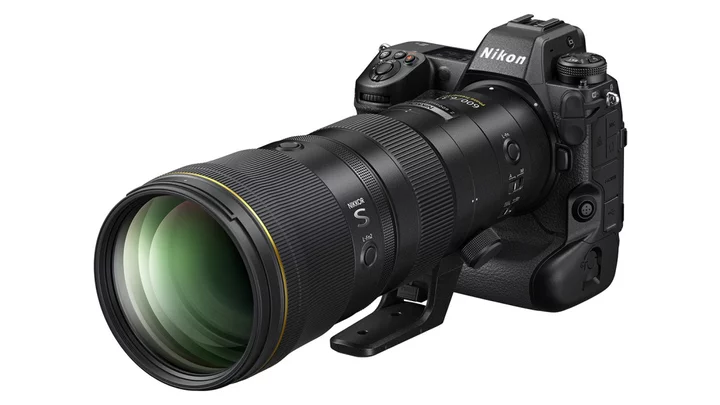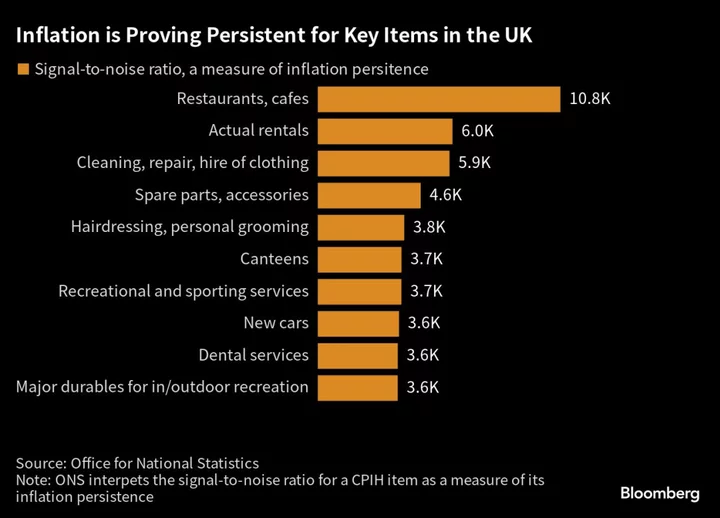There's just no getting around it, if you're interested in taking photos of far-off subjects, whether they be backyard critters or linebackers scrambling to make a tackle, a long telephoto lens is a must-have. But because of the the amount of glass required to get close up, the lenses tend to be pretty big, and correspondingly heavy to carry. Nikon is addressing that problem head-on with the latest addition to its mirrorless lens catalog. Its Nikkor Z 600mm F6.3 VR S weighs just 3.1-pounds, thanks in part to its Phase Fresnel (PF) lens element.
Optics Inspired by Lighthouses
Phase Fresnel elements are a known-factor in lens design and share a lot in common with the lenses used in lighthouses. A Fresnel lighthouse lens puts prisms into the glass to concentrate light to make a brighter beacon. In camera lenses the PF element works similarly, if you examine one you'll note concentric circles that concentrate light coming into the system, the aspect that makes such a light telephoto possible.
(Credit: Nikon)The tech comes with some drawbacks, any good PF lens requires corresponding Extra-Low Dispersion (ED) elements to suppress false color. The 600mm F6.3 VR has these, along with Nikon's unique Short-Wavelength Refractive (SR) glass, an element that further suppresses false blue color. We've not yet tested the 600mm F6.3 VR S to see how these come together in the real world, but Nikon provided some good-looking sample photos, and the similar Nikkor 500mm F5.6E PF ED VR for SLRs is a fantastic lens.
The Lightweight 600mm
The lens is easy enough to lug around at 3.1 pounds, but it's still a 600mm telephoto, and not tiny at 11.0 by 4.2 inches. It's an easier lift than the Nikkor Z 180-600mm F5.6-6.3 VR (12.4 by 4.3 inches, 4.3 pounds).
You'll want to use the included tripod collar if you're putting the 600mm F6.3 on a support, though attaching it bumps the carry weight up to 3.2 pounds. Nikon notes that the lens is made so its center of gravity is near the mount point, a plus for wildlife photographers who use a gimbal head to better follow raptors in flight. A hood is included, and the front element is slim enough to take 95mm filters.
Nikon Z 8, 600mm, f/6.3, 1/160-second, ISO 2500 (Credit: Nikon)In-lens stabilization provides up to 5.5 stops of compensation on its own, and 6.0 stops with a camera that has a stabilized sensor. Dust and drip protection are there for outdoor work, and the front element is protected with fluorine, a material that repels grease and moisture. No need to worry about getting rain drops on the glass, they'll just bead off, and if you smudge the glass with a fingerprint you can grab a microfiber cloth and wipe it clean.
Nikon opts for a stepping motor (STM) for this lens. We'll have to see how it performs in testing, as the motor type isn't as fast as the Silky Swift Voice Coil Motor (SSVCM) used by the Nikkor Z 600mm F4 TC VR S. Of course, the 600mm F4 is a lens for pros and well-heeled hobbyists with a staggering $15,499.95 asking price and a built-in teleconverter. The Nikkor Z 600mm F6.3 works with teleconverters, but doesn't have one built-in.
(Credit: Nikon)As for price, the 600mm F6.3 VR S is far more obtainable than the F4 edition. It's positioned at $4,799.95 and will be in stores later this month.









